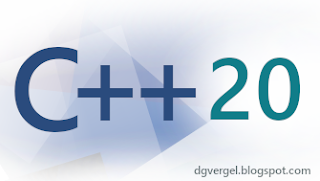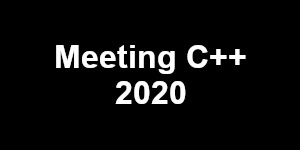CLion 2020.3 EAP: Postmortem Debug With a Core File--Anastasia Kazakova
Are you using it?
CLion 2020.3 EAP: Postmortem Debug With a Core File
by Anastasia Kazakova
From the article:
In the previous 2020.3 EAP build we were focused on giving run/debug configurations and CMake profiles more flexibility in CLion, and at the same time we introduced a bundled tool for collaborative development and pair programming. In this EAP update we are adding one of the most long-awaited features in debugger – postmortem debug with a core file!


